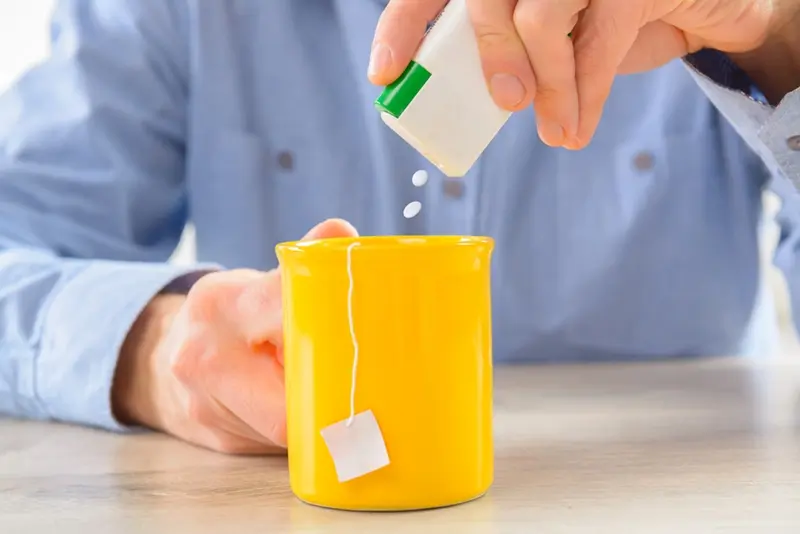Sugar is something that's raising concerns for Kiwis nationwide. Over a quarter of us are worried about our sugar intake, according to a national survey conducted by FreshChoice via Neighbourly.
It's understandable that we're worried about sugar. Besides its implications for weight gain, diabetes and other bodily health problems, sugar is associated the promotion of dental caries. When we eat sugary foods, those sugars feed the plaque bacteria, producing damaging acids and encouraging buildup.
That said, the FreshChoice survey also showed that consumers want food that's both healthy and indulgent. We just can't help but want to satisfy that sweet tooth. Fortunately, non-sugar sweeteners are on the rise.
So, just what are these sweeteners and are they as healthy as we think?

Aspartame
You may be familiar with aspartame as a tabletop sugar alternative at cafes. It is most commonly available as Equal or Nutrasweet.
Aspartame is an artificial sweetener made up of amino acids. It is 180-200 times sweeter than table sugar, meaning a little goes a very long way. It's for this reason it can be used to sweeten products without adding any noticeable nutritional or caloric content.
It's also been used for over 25 years, and has been subject to over 200 studies to ascertain its safety. Despite vast scientific evidence of its non-toxicity, some still worry that aspartame could be linked to various health complications.
Saccharin and Cyclamate
Both of these sweetening agents have received negative attention as potential carcinogens, however these claims have since been dismissed. The two are available in most New Zealand supermarkets as Sugromax – a liquid or tablet sweetener. Because these sweeteners can maintain their flavour at high temperatures, they're the ideal alternative for baking, preserving and sweetening your coffee.
Stevia
This is one of the more modern sweeteners on the market, approved for use in NZ in 2008, but quickly rose to popularity as a tabletop sweetener. Even major brands such as Coca Cola incorporated Stevia in their products over other sweeteners (such as in Coca Cola Life).
Stevia is often preferred due to being a more natural sweetener. The product is extracted from the Stevia rebaudiana plant, a member of the chrysanthemum family.

Sucralose
Sucralose is the only sweetener actually derived from sugar. It starts as sucrose (table sugar) and is chemically altered in a way that means it cannot be digested by your body or plaque. So despite being made from sugar, it's not absorbed and doesn't affect your health.
Sucralose is most commonly found as Splenda.
Sugar alcohols
Sweeteners such as xylitol and sorbitol are less common as tabletop sweeteners and are instead found in sugar free treats like mints. They're often less sweet than sugar, so are instead used as emulsifiers or thickening agents.
Be careful when eating sugar alcohol sweetened foods though, as too much can cause diarrhoea.
Replacing sugar with sweeteners is a great way to reduce your risk of tooth decay. However, it should never substitute proper dental care. For a routine check up, book an appointment with City Dentists online or call 04 978 4964.
